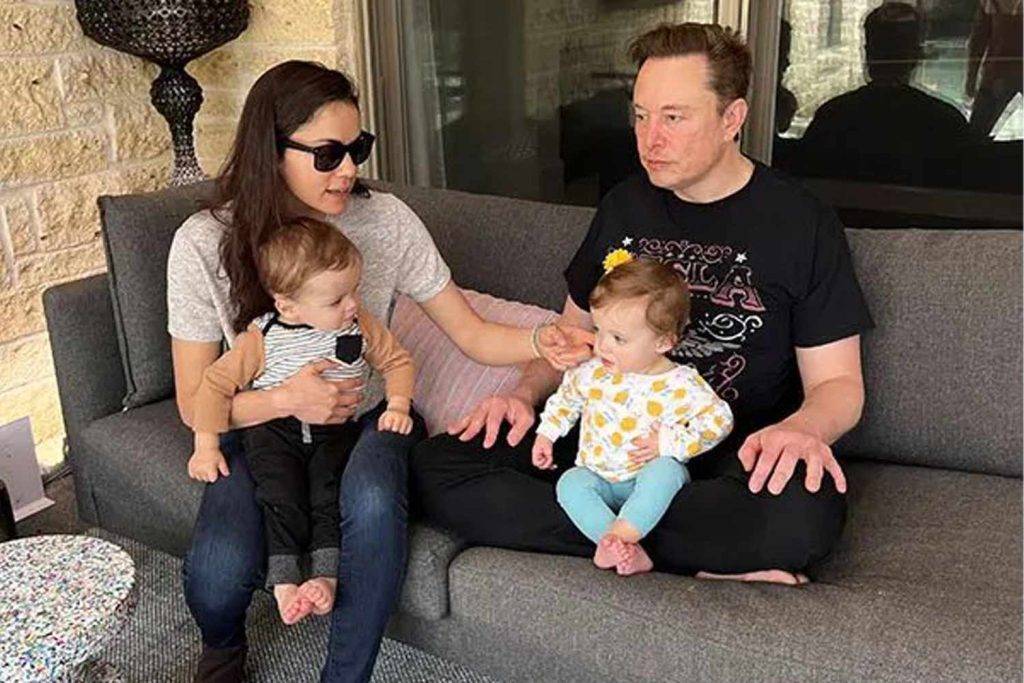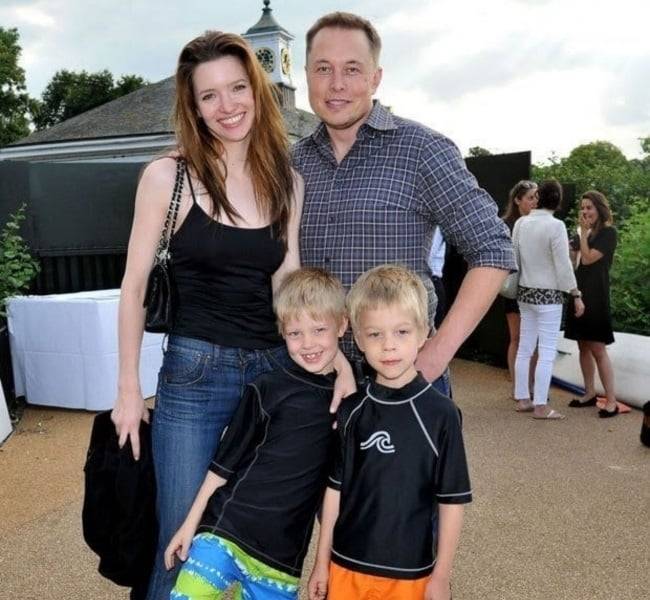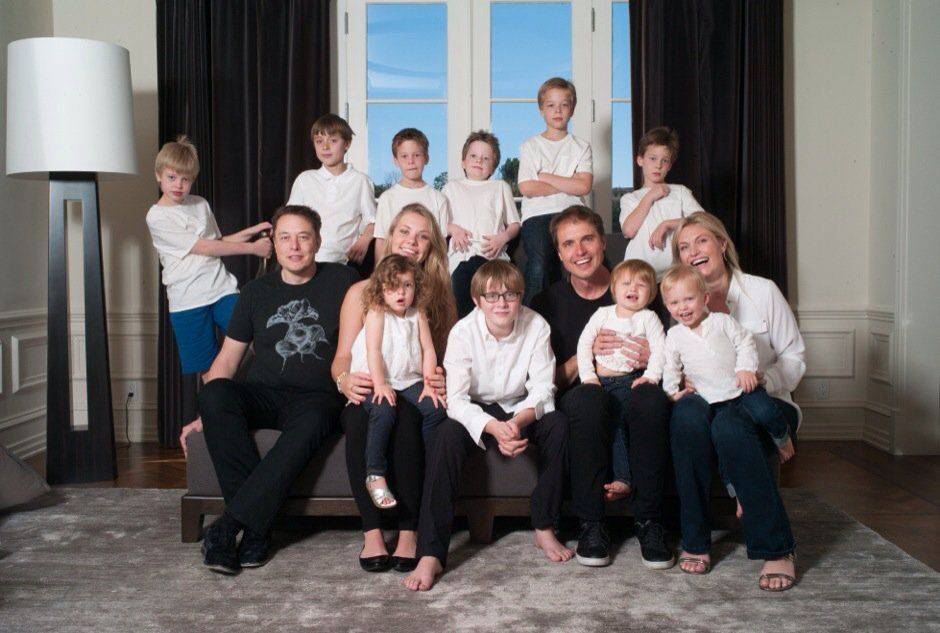Elon Musk, 53, is making headlines not only for his work with Tesla and SpaceX but also for his increasingly unconventional approach to family life. On a quiet street lined with multimillion-dollar homes, Musk is transforming a 14,400-square-foot mansion into what he envisions as a family compound. Musk plans for his 11 children from three mothers to live in adjacent properties, allowing them to be close to one another while providing Musk with more flexibility to spend time with his growing family.
Just behind this mansion, Musk owns another six-bedroom property, bringing the combined value of these two homes to around $35 million. He also has a third mansion just a 10-minute walk away, where he stays when he’s in Austin.

With multiple homes and a growing family, Musk has made it clear that he views the declining birth rate as a serious concern, even calling it the biggest threat civilization faces. “I’m doing my best to confront the population crisis,” Musk said, adding that the world’s population is on the brink of collapse. Musk, who is an advocate for in vitro fertilization, has even gone so far as to donate sperm to friends and acquaintances, including Nicole Shanahan, the former vice presidential candidate.

Musk’s stance on population growth has led him to take bold steps to increase the number of children born. In line with this philosophy, Musk has openly encouraged others to have larger families. “Children should be treated as a national emergency,” he tweeted in June. Musk is determined to address what he sees as an impending global population collapse, despite experts believing that such apocalyptic predictions are unlikely.
Musk’s views seem to align with those of his father, Errol Musk, who has seven children with three different women. In an interview, Errol Musk stated, “You raise horses. Humans are the same. If you have a good father and a good mother, you will have special children. If you don’t have children, I feel sorry for you.”

Musk’s population concerns go beyond personal family planning. In 2021, after moving to Texas, Musk made a $10 million anonymous donation to the University of Texas at Austin, helping to fund the Population Wellbeing Initiative (PWI). This research group is dedicated to studying low birth rates and their potential impact on long-term prosperity. Musk has been vocal about the importance of having more children to sustain economies and workforce populations.

Musk isn’t alone in his worries about declining birth rates. Jack Ma, the chairman of Alibaba, also believes that the key to the future is having more children. “The first KPI of marriage is to have results, to have products. What is the product? It is children,” Ma said, emphasizing the importance of children over material wealth.
Musk’s bold approach to both family and population growth highlights his deep concerns about the future. Whether through his growing family or his philanthropic efforts, he is clearly determined to leave a lasting legacy in more ways than one.
